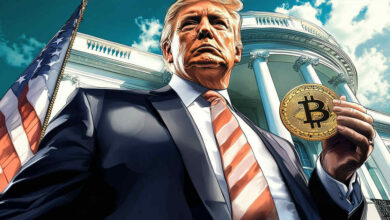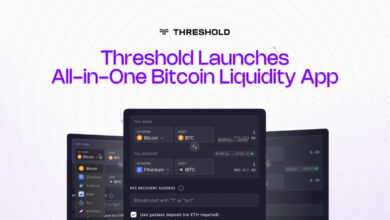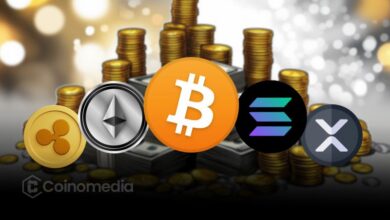Here’s What is the Verification Game Behind Zero Knowledge Proof (ZKP) Before Whitelisting Starts
Discover how verifiers in Zero Knowledge Proof (ZKP) transform individual claims into verified on‑chain facts. Learn why the upcoming whitelist is your entry into this truth‑based crypto presale.
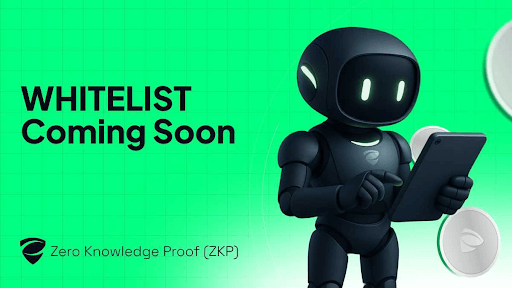
In the digital age, truth is often lost in noise. Social media, online forums, and even blockchain platforms are saturated with claims, some valid, many unverified. But what if a system existed where claims could be economically tested, rigorously challenged, and eventually accepted as verified truth on-chain? That’s the foundational promise of Zero Knowledge Proof (ZKP), not merely as a cryptographic concept, but as a full-fledged zero knowledge proof blockchain protocol.
With its upcoming whitelist, Zero Knowledge Proof (ZKP) invites participants to shape a new class of ZKP crypto coin, one designed to reward validation, not speculation. In this article, we spotlight the unsung heroes of this ecosystem: the verifiers, whose judgment converts individual opinions into on-chain facts.
The Core Mechanism: How Verification Works on Zero Knowledge Proof (ZKP)
At the heart of Zero Knowledge Proof (ZKP) lies a structured and decentralized verification system, transforming how digital assertions are tested. Here’s how it works:
- A user makes a claim by staking tokens, say, that a certain image was taken in Paris, or that a company signed a specific deal.
- Other users, called verifiers, evaluate the claim. They can agree, ignore, or challenge it.
- If verifiers agree, they also stake tokens to vouch for the claim.
- If others disagree, they can challenge it by staking against it.
This process isn’t arbitrary. It’s economically game-theoretic, meaning everyone involved has skin in the game. If a claim is accepted, those who backed it gain rewards, while incorrect challenges result in loss of stake. If a claim is rejected, the challenger is rewarded instead.
This creates a layer of decentralized consensus, similar to how blockchains validate transactions, but applied to facts, not just financial data.
Verifiers: The Backbone of Truth on the ZKP Blockchain
The term verifier in the context of Zero Knowledge Proof (ZKP) isn’t just a passive label. It represents an active role in shaping the protocol’s credibility infrastructure. Verifiers are individuals who review claims and determine their validity. This role is open to anyone, but it’s not without responsibility.
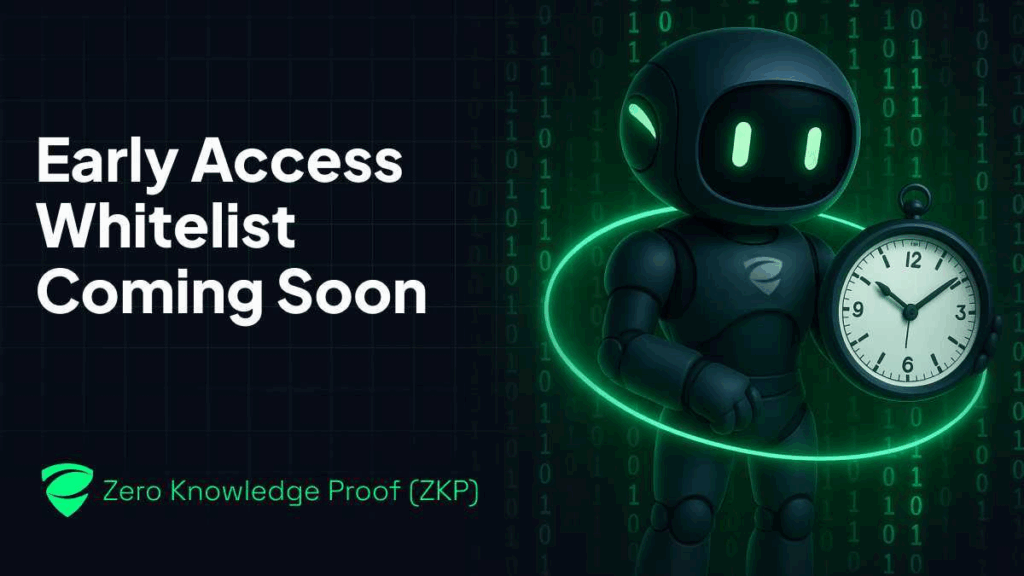
- Verifiers must weigh evidence. They aren’t voting blindly; they’re evaluating.
- They stake tokens to signal their conviction, aligning financial incentives with truth.
- Their actions feed the trust graph, a structural layer that tracks credibility across the network.
Over time, users who consistently verify truthfully build their reputation on the platform. Those who attempt to exploit or game the system are exposed by the protocol’s staking logic and record of decisions. This creates a trust economy, turning personal credibility into a measurable digital asset.
And while the technology uses zero knowledge proof principles in its conceptual DNA, the actual user experience remains simple: you verify what you know, and the system rewards or penalizes based on the accuracy of your judgment.
Why This Matters in the Crypto Landscape
Most crypto presale tokens are built around utility promises or speculative use cases. What sets Zero Knowledge Proof (ZKP) apart is that its native token utility is immediately functional, it powers the very act of truth-making. You don’t need to wait for a decentralized app or a future roadmap feature to find use for the token. From the beginning, it becomes the vehicle for staking claims, verifying them, and earning from them.
This makes the upcoming whitelist more than just a discount opportunity. It’s a gateway to role-based participation in one of the most unique verification mechanisms in the ZKP crypto world.
Participants who join early won’t just own tokens, they’ll help set the tone for what kind of claims are allowed, challenged, and accepted. They’ll be part of a curated trust layer that grows stronger with every verified truth.
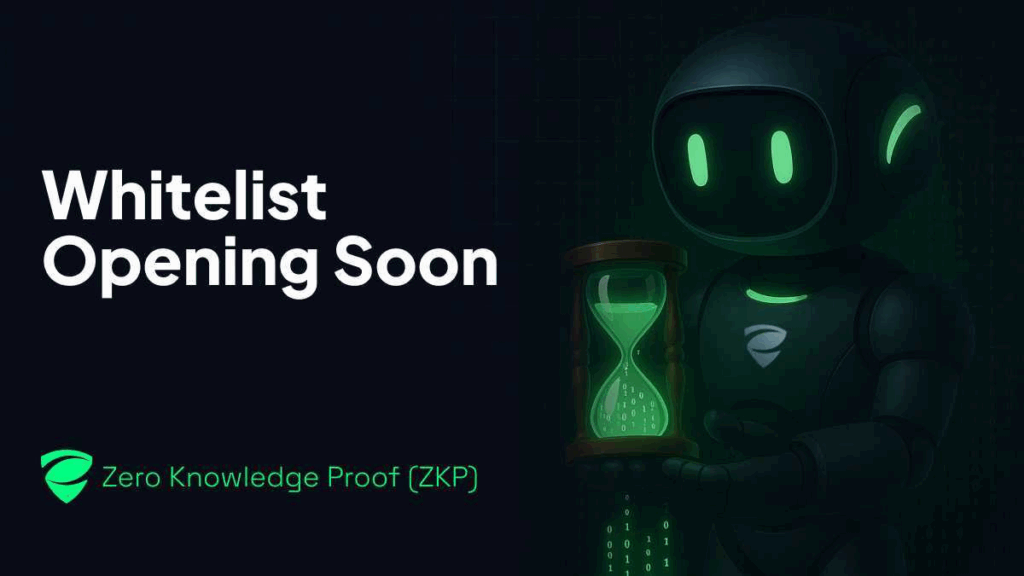
In a sea of top presale crypto projects chasing trends, Zero Knowledge Proof (ZKP) is quietly offering something deeper: a protocol where economic incentives are tied directly to factual accuracy.
Turning Whitelist Access Into Verifier Opportunity
Verification is often seen as an afterthought in crypto. Yet, in the model behind Zero Knowledge Proof (ZKP), it is the very engine of utility and trust. With its unique combination of token staking, truth incentives, and decentralized fact creation, this zero knowledge proof blockchain project reframes what it means to participate in a network.
The upcoming whitelist is not merely a chance to acquire an early position. It’s an invitation to become a verifier, to contribute to a new system where opinions are tested, claims are weighed, and truth is rewarded.
As crypto presale platforms multiply, so do promises. But only a few, like Zero Knowledge Proof (ZKP), are engineering ecosystems where proof isn’t just a protocol, it’s a product.
